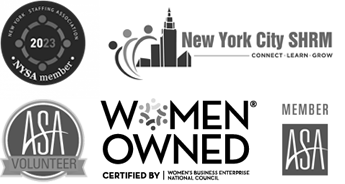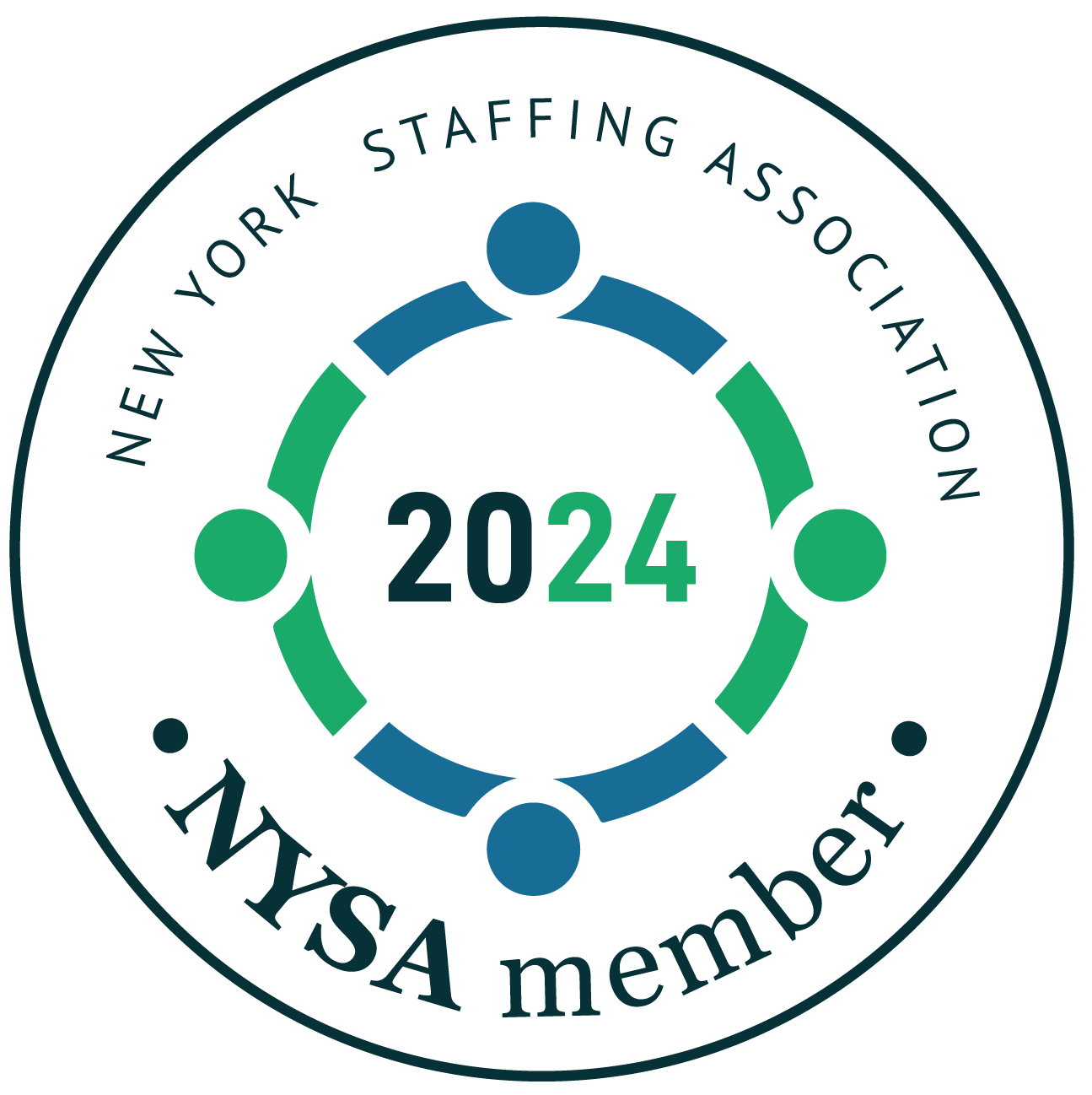When putting together a human resources (HR) resume, certain guidelines will help you write and design a resume that will highlight your greatest talents and accomplishments. They’ll also give your resume more of a chance to be seen by a hiring manager – which is the ultimate goal of a resume!
Eliminate summaries and statements of objectives
At one time, it was considered good practice to start a resume with a summary of your qualifications or a statement of objectives. (After your name, contact information, and LinkedIn profile, of course.) But now, to be up-to-date, resumes should start with a headline that announces who you are professionally.
This could be your current title if you’re looking for the same focus in a new position, such as “Personnel Manager.” If you’re looking more broadly, it should be a more general headline that highlights your experience and qualifications, but covers more than one job title, such as “Human Resources Specialist.”
The headline should be followed by 3-4 short bullets specifying your achievements.
Highlight the keywords
If the job description asks for a benefits specialist who can multi-task, make sure that “benefits specialist” and “multi-task” are in your resume.
The reason they should match exactly is, that almost all resumes are scanned by an applicant tracking system (ATS) before any human being sees them. If they don’t have the keywords, they’ll be kicked out of the system and never land on anyone’s desk whether from human resources or the hiring department.
Design and prepare with the ATS and people in mind
The ATS will not be able to read, or might kick out anything unusual in the design of the resume. This includes images and unusual fonts. Use a standard font, such as Times New Roman or Arial. Never include images or pictures.
In terms of preparation, make sure that everything is spelled correctly, for two reasons. First, the ATS might not be able to understand a misspelled word. And you know what it does with things it doesn’t understand! (Gets rid of them.)
Second, typographical errors make a resume seem very careless. People seeing it are going to assume you are careless…and will be careless in your performance on the job. Poor spelling can kill your chances of an interview. Make sure your resume is as careful and planned as your work performance is.
Looking for a new job? Give us a call today.








